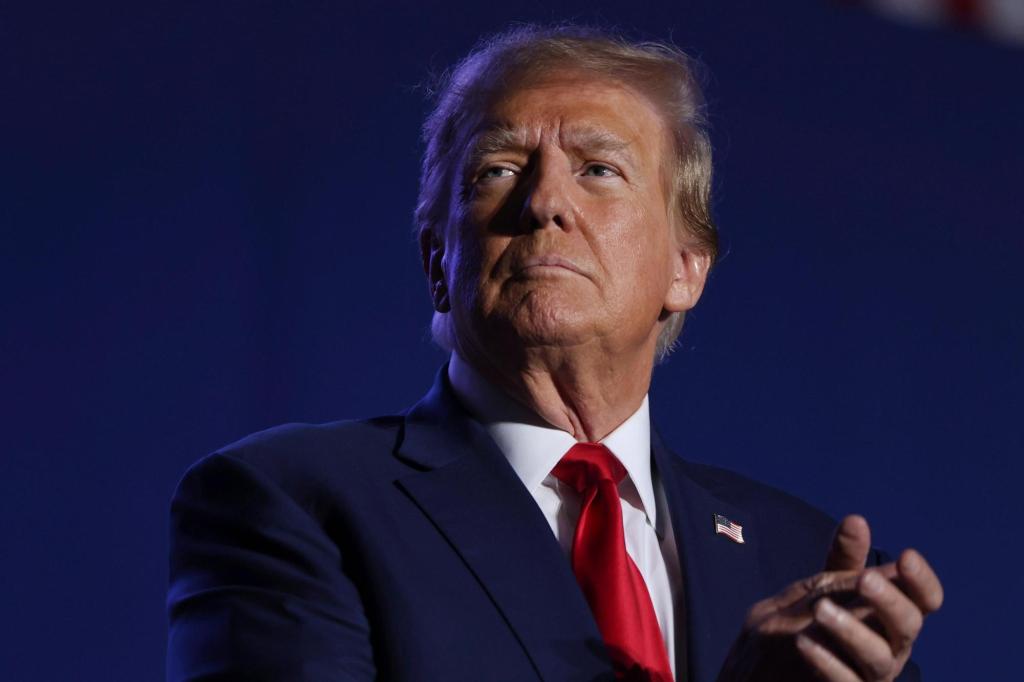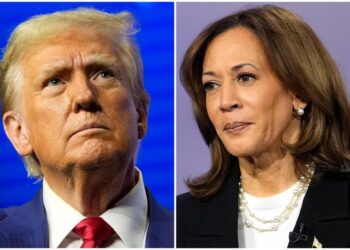By Nicholas Riccardi, Associated Press
DENVER (AP) — Former President Donald Trump’s bid to win back the White House is now threatened by two sentences added to the U.S. Constitution 155 years ago.
The Colorado Supreme Court on Tuesday barred Trump from the state’s ballot under Section 3 of the 14th Amendment, which prohibits anyone who swore an oath to support the Constitution and then “engaged in insurrection” against it from holding office. It’s the first time in history the provision has been used to prohibit someone from running for the presidency, and the U..S. Supreme Court is likely to have the final say over whether the ruling will stand.
If it does — which many legal experts say is a longshot — it’s the end of Trump’s campaign because a Supreme Court decision would apply not just in Colorado, but to all states. It also could open a new world of political combat, as politicians in the future fish for judicial rulings to disqualify their rivals under the same provision.
Some conservatives have even considered using it against Vice President Kamala Harris, who raised bail money for those jailed during the violence following the murder of George Floyd in Minneapolis. They said that also should be considered an “insurrection” against the Constitution.
Some answers related to the 14th Amendment cases seeking to remove Trump from the ballot:
WHAT’S THE IMPACT OF THE RULING?
So far, very little in the real world. Aware that the case was very likely going to the U.S. Supreme Court, the 4-3 Colorado Supreme Court majority stayed their own order until Jan. 4 — the day before the state’s primary ballots are due at the printer — or until the Supreme Court rules.
Technically, the ruling applies only to Colorado, and secretaries of state elsewhere are issuing statements saying Trump remains on the ballot in their state’s primary or caucus.
But it could embolden other states to knock Trump off the ballot. Activists have asked…
Read the full article here







